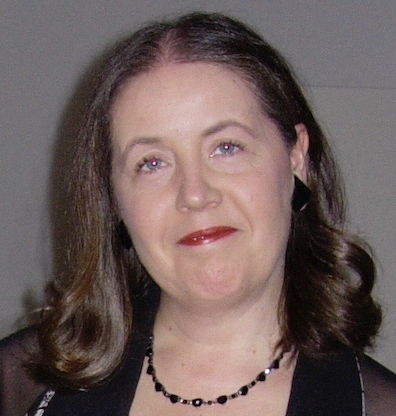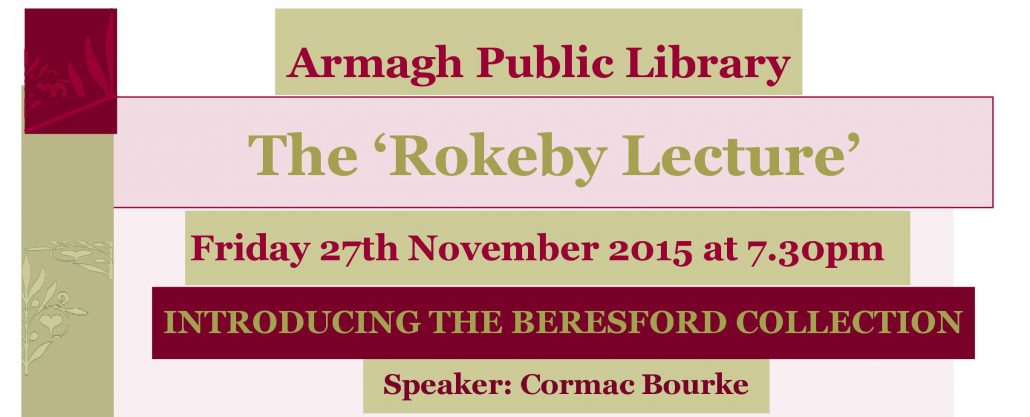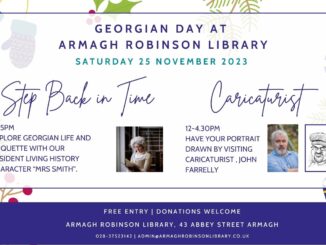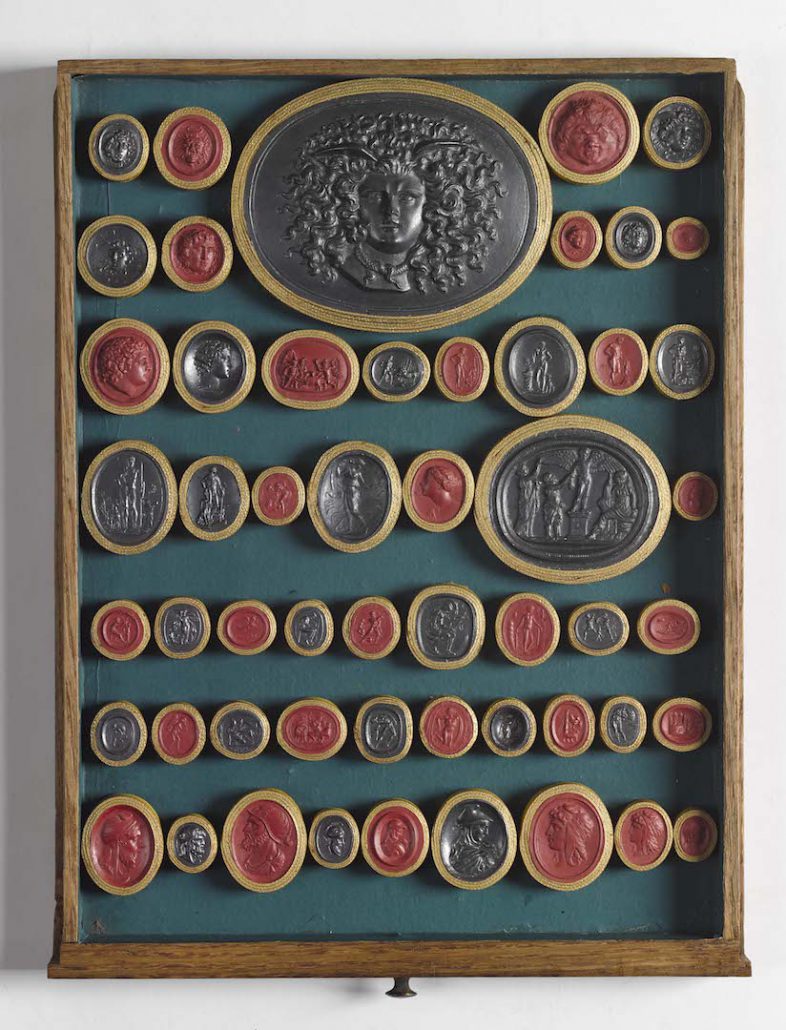
- This event has passed.
Rokeby Lecture 2023 | “The Language of this Country being always upon the Flux”: Swift and Sheridan as Guardians of English Nouns and Verbs
Thursday, November 23, 2023 @ 7:30 pm – 9:00 pm
This year’s annual Rokeby Lecture, part of the Armagh Georgian Festival celebrations, will be held on Thursday 23 November 2023 at 7.30pm in the Library’s Long Room.
The lecture “The Language of this Country being always upon the Flux”: Swift and Sheridan as Guardians of English Nouns and Verbs, will be given by guest speaker Prof. Karen P. Corrigan, Hon MRIA (Director of Research in Linguistics), School of English Literature,Language and Linguistics, Newcastle University
The lecture explores the attempts – successful or otherwise – which Jonathan Swift and his godson, Thomas Sheridan, made to regulate the English Language as it was spoken in Ireland and beyond in the eighteenth century.
Swift who ‘loved the Retirement’ of Markethill, describes his schooling as ‘…the Confinement ten hours a day, to nouns and Verbs’. Thomas Sheridan was similarly confined at Westminster School. Their public school education offered both godfather and godson unique insights into how language can be manipulated to engage, impress, persuade and satirize. Swift and Sheridan were both sons of families in financial difficulties who travelled back and forth between England and Ireland.
This perspective gave each a keen sense of how language is ‘always upon the flux’ depending on social status and location. They were also acutely aware of which varieties held prestige in fashionable quarters and which instead needed correcting and improving.
It is no surprise therefore that Sheridan became a major proponent of the elocution movement or that one of Swift’s most famous works is called ‘A Proposal for Correcting, Improving and Ascertaining the English Tongue’ (1712). To what extent their labours in this sphere bore fruit though remains to be seen.





